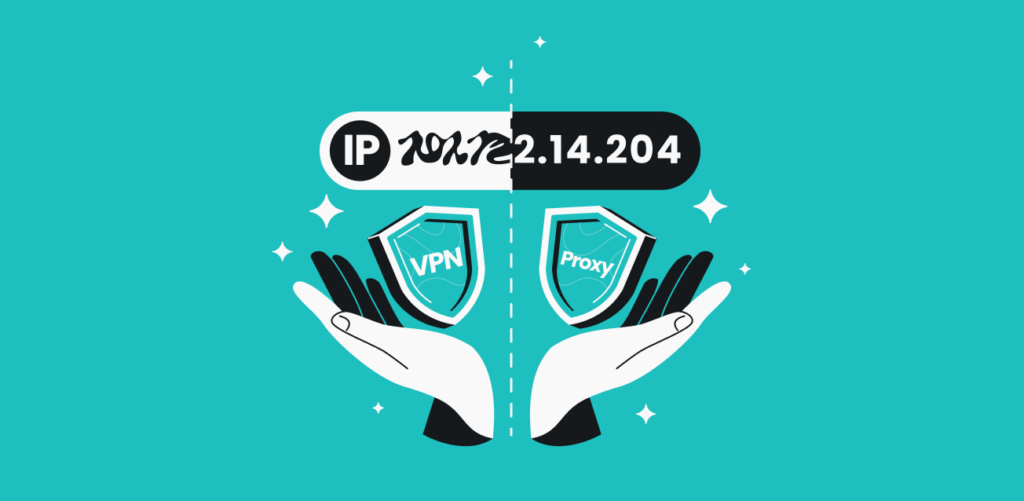Public Wi-Fi has become a ubiquitous part of modern life. From coffee shops and airports to hotels and shopping centers, we stay connected in transit thanks to these networks, but they come with a hidden price tag – considerable security risk tied up with their use.
This article delves into those risks and how to protect your online endeavors via a Virtual Private Network (VPN) while using such accessible internet connections.

The Perils of Public Wi-Fi:
- Eavesdropping: Usually when you connect to Wi-Fi networks without vpn or vpn free, they are open. Not encrypted. This makes it fairly simple for cybercriminals to capture the data being transmitted between your device and the network. Consequently any sensitive information that you send or receive, like login credentials, emails or credit card details could potentially be intercepted by hackers.
- Rogue Hotspots: Cybercriminals sometimes set up rogue Wi-Fi hotspots with names similar to legitimate ones. When users unknowingly connect to these rogue hotspots, their data can be intercepted and manipulated. These rogue hotspots can be found in public places and may even mimic the official network of the establishment.
- Malware Distribution: Malicious actors often target public Wi-Fi networks to distribute malware. Once your device is connected to an infected network, it’s vulnerable to malware that can steal your data, compromise your device’s security, or turn it into a part of a botnet.
- Man-in-the-Middle (MitM) Attacks: In a MitM attack, an attacker intercepts transmission between two parties without their knowledge. This can happen on public Wi-Fi when an attacker inserts themselves between you and the intended server, capturing sensitive data as it passes through.
How a Mobile VPN Can Help:
A Mobile VPN protects against the security risks posed by public Wi-Fi. Here’s how:
- Encryption: When you use a vpn proxy to connect to a Wi Fi network all your data is encrypted. This means that even if someone tries to intercept it they won’t be able to understand what it contains. Your sensitive information remains private and secure.
- Anonymity: By using a VPN your IP address is masked as your internet connection is redirected through a server elsewhere. This adds a layer of protection by making it difficult for cybercriminals to track your activities back, to you.
- Secure Data Tunnel: VPNs establish a tunnel between your device and the VPN server. Through this tunnel all your data, including passwords and financial transactions is transmitted securely. It becomes nearly impossible for anyone to intercept or tamper with this data.
- Protection from Malware: Some VPNs offer security features such as scanning for malware and blocking ads. These features can help safeguard your device against malware and other common online threats often found on Wi Fi networks.
- Access Control: With a VPN you have control over your privacy and security. You can choose which server you want to connect to, ensuring that your data passes through trusted locations. Moreover when not in use you can disconnect from Wi-Fi networks to minimize the associated risks.
Bear in mind a VPN is an impressive guard for your security, yet it’s crucial to select a trusted VPN service provider that will unquestionably protect your data. An appropriate VPN allows you to secure usage of public Wi-Fi networks without endangering your digital safety.
So, whenever connecting to any hotspot offering or public Wi-Fi accessibility becomes necessary, activate the protection of – the mobile vpn unlimited– providing a shield against possible risks.